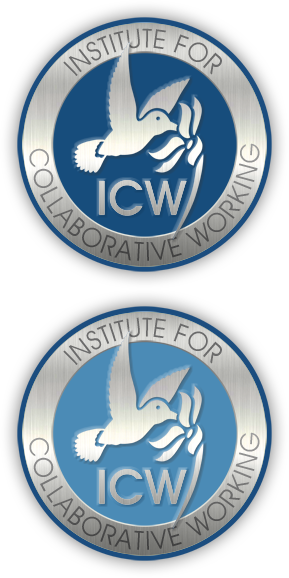 The Future of Collaboration
The Future of Collaboration
The World will never be quite the same again after what we have and are experiencing during the last few months. And there is no doubt that structured collaboration supported organisations in addressing the challenges that the pandemic threw at them that was an unexpected added value outcome from structured collaboration and one that we probably never expected.
But given the "new normal" it's hard now to imagine a work environment where governments do not need to collaborate in a structured way with its critical suppliers. Ensuring the things we need to keep our armed forces strong, our police ready and informed, our health workers safe, and our vulnerable citizens protected. A world in which organisations don't need to have secure, reliable, mutually beneficial relationships with customers and supply chain partners particularly when those supply chains might stretch around the world.
The new structured collaboration will look somewhat different than it does today; we will see virtual teams that rarely if ever meet up face-to-face using technology such as Zoom and Teams, and those technologies will respond to the challenge by improving their platforms still further to facilitate enhanced collaboration in a world in which we meet face-to-face less often.
To facilitate this our universities will need to upgrade the courses they run to ensure the collaborative leaders of tomorrow understand and have the right behaviours embedded within them, and of course we will increasingly do business in a world where "how we deliver" is as important as "what we deliver".
We will need to do develop the skills to do business with organisations from different cultures and with different values whilst still staying true to their corporate values and the values of the society into which they provide their products and services.
Organisations increasingly want a structured approach that is both highly adaptable and agile, that enables them to establish relationships rapidly, with different types and sizes of organisation.
And structured collaboration is a key ingredient it provides:-
- a clear understanding of the objective for collaboration
- a mutually agreed understanding of what value is and what value is expected to be accrued
- a basis for knowledge and information sharing
- governance structure(s)
- clearly defined ways of working together
- expectations around behaviours and the development and maintenance of trust within the relationship
- a culture of mutual respect
The future of collaboration is an exciting place; how we collaborate will be different and it will help us address new and emerging challenges, but the fundamental principles that underpin collaboration today will still hold true in the future.
Frank Lee FICW

